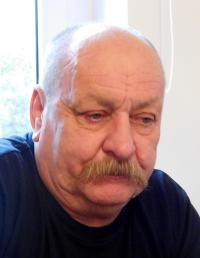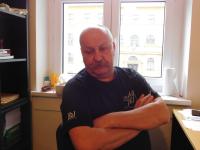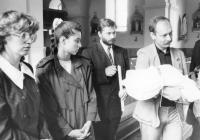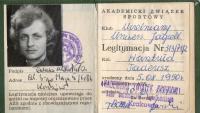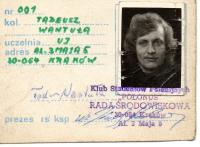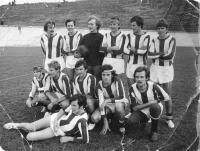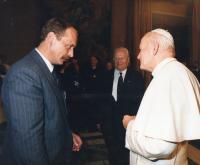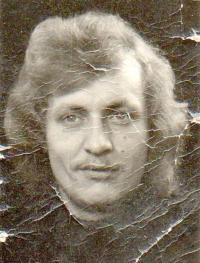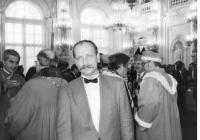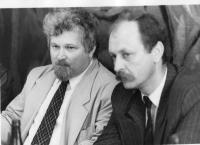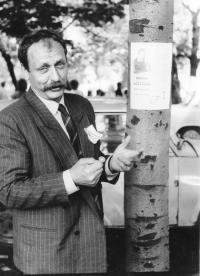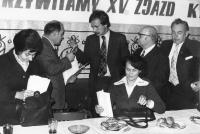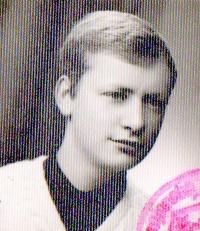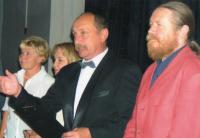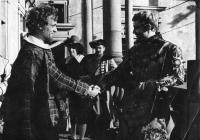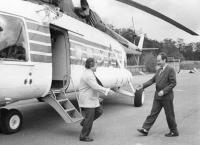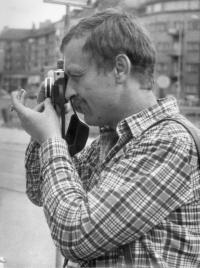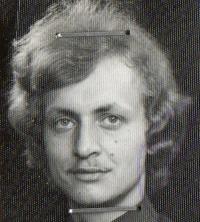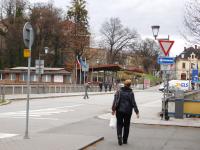I will not have children until the communist regime collapses
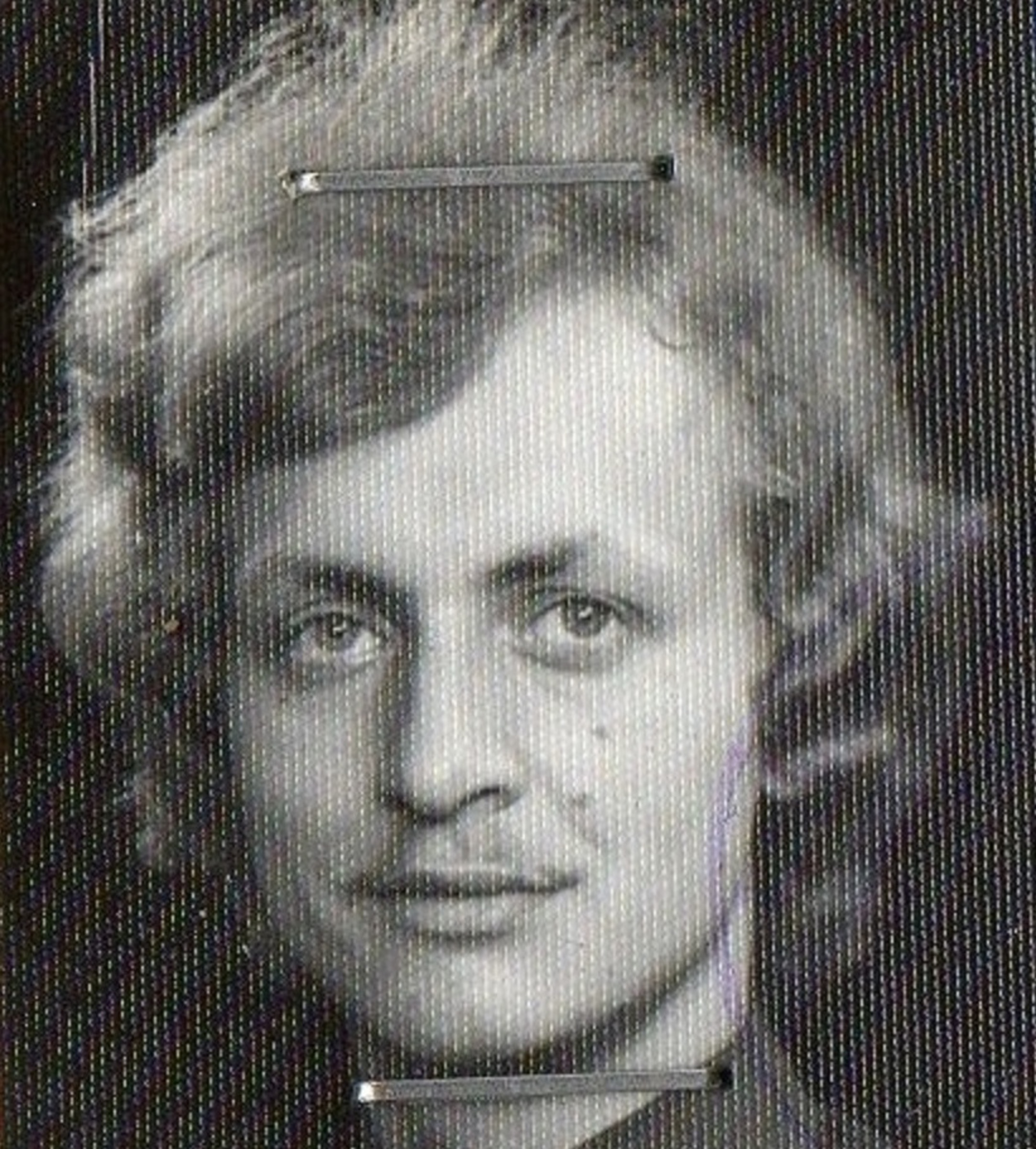
Stáhnout obrázek
Tadeusz Wantuła was born August 5, 1950 in Bystřice, a village located near Třinec close to the border with Poland. Both his parents were Polish nationals. His father Josef joined the Polish resistance organization Union of Armed Struggle during the Second World War. He was arrested by the Gestapo in 1942 and he spent nearly three years in the concentration camp Auschwitz. During his studies at the Technical University in Brno, Tadeusz Wantuła became a member of the strike committee in 1968 and 1969 and he took part in several strikes and protests against the Soviet occupation. He was not expelled from the university thanks to a scholarship from the Jagiellonian University in Krakow, where he successfully graduated from film studies and philology. After his graduation Tadeusz lectured at the affiliated branch of the Silesian University in Polish Cieszyn. During his work in Poland he was bringing over the border samizdat publications and books that were unavailable in Czechoslovakia. Tadeusz Wantuła was primarily active in the cultural scene. He was spreading Polish culture to the Polish minority in Czechoslovakia. During the normalization era he organized a music festival called Bystřický Zlot in his native Bystřice where the best Polish bands performed. As one of the officials of the Polish Cultural and Educational Union he was able to influence tens of young people during the communist era thanks to his open approach to politics and society. The StB security police kept him registered as an enemy person due to his activities and StB members repeatedly arrested him and tried to persuade him to collaborate with them. Tadeusz Wantuła did not give in to the pressure, and although he was already married for a long time, he refused to have children while the communist regime was still in power so that the StB would not be able to use his children to blackmail him. His first daughter was born nine months after the protests of students in Národní Street in Prague. Mr. and Mrs. Wantuła then had four other children in rapid succession. He became one of the founding members of the Polish section of the Civic Forum and the chairman of the Council of Poles. In February 1990 he was co-opted to the Czech National Council and in June 1990 he became elected in the first free election. Tadeusz Wantuła lived in Vendryně and he had been the director of the film festival Babí Léto which presents unsubtitled Czech, Polish and Slovak films in the cinema in Bystřice every October. He died on May 5, 2024.
